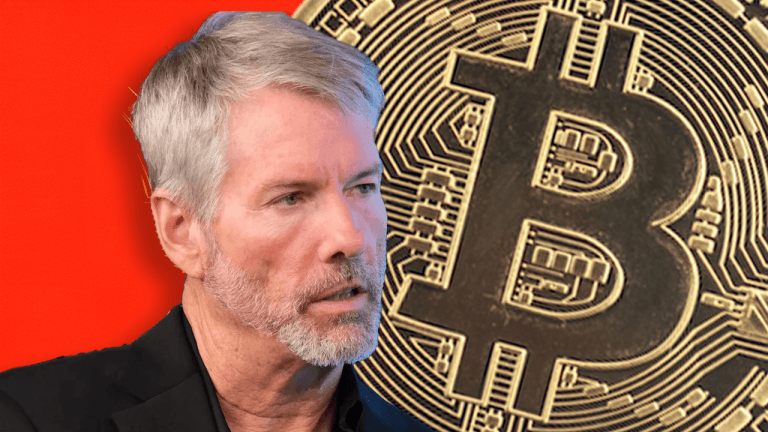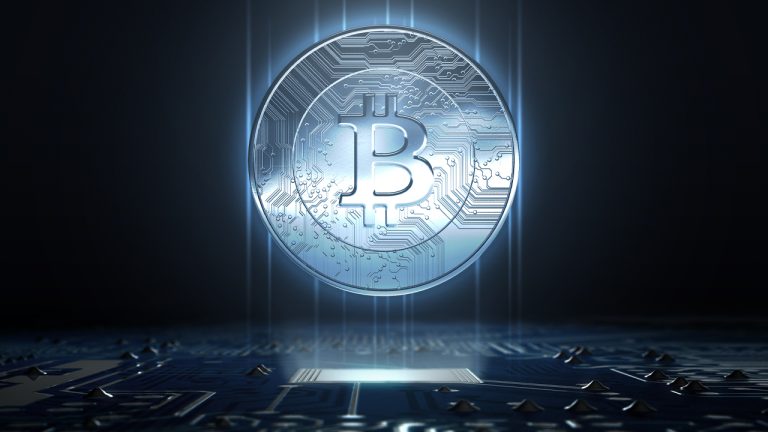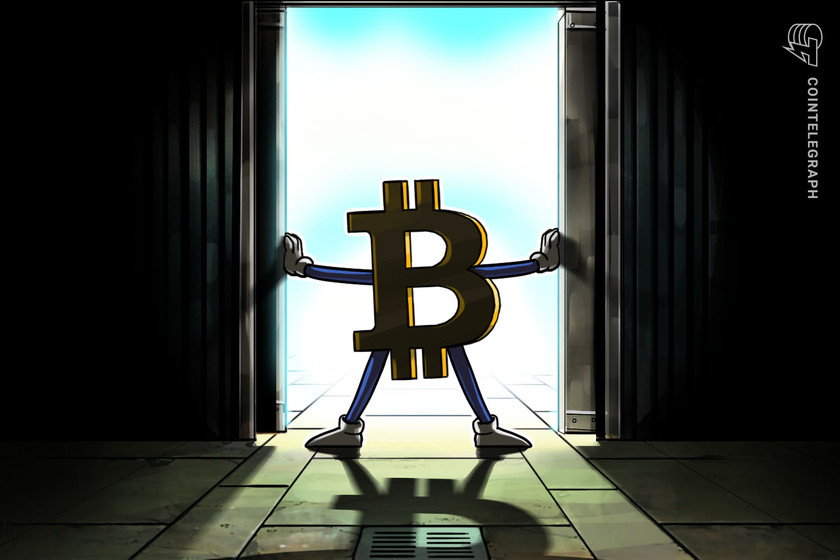
The Swiss-based backer of the Internet Computer Protocol will provide training and entrepreneurial support as well as decentralized computing.
Dfinity, the Swiss foundation behind the Internet Computer Protocol (ICP) blockchain, has signed a Letter of Intent (LOI) with the Cambodia Ministry of Industry, Science, Technology and Innovation at Token2049. The parties have agreed to pursue research, training and entrepreneurial ecosystem support for smart city infrastructure.
The definition of a smart city is somewhat nebulous but emphasizes the use of advanced information and communications technology. Dfinity already has a presence in Cambodia as a partner of a United Nations Development Program pilot project for its digital Universal Trusted Credentials system.
The LOI is part of Dfinity’s continuing efforts to support the sharing of sovereign cloud technology with governments and international organizations. Dfinity founder and chief scientist Dominic Williams said:













